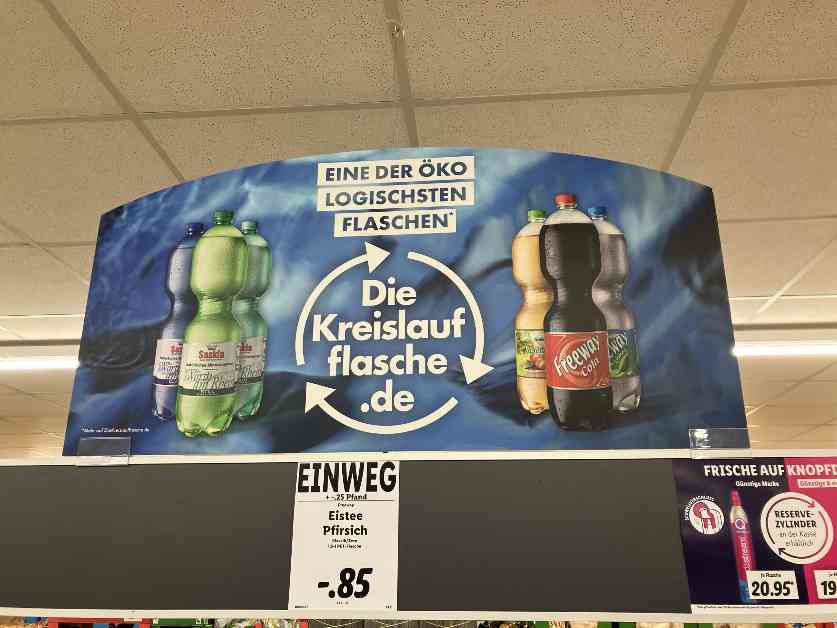German discount retailers Aldi Süd and Schwarz Group, which owns Lidl and Kaufland, have recently made a groundbreaking commitment to achieve Net Zero emissions by 2050. This ambitious goal includes reducing carbon emissions not only within their own operations but also along their entire value chain, including suppliers. This move sets a new standard in the retail industry and showcases a strong commitment to sustainability.
Schwarz Group has set specific targets to use 25% recycled material in its own brand packaging by 2025 as part of its ‘Reset Plastic’ initiative. This initiative has already shown results, with a significant reduction in the use of plastic in private label packaging and transport aids since 2017. Additionally, the company has expanded its environmental division by acquiring waste management and recycling companies in multiple European countries.
Aldi Süd, on the other hand, has also received approval for its new science-based targets to achieve net-zero greenhouse gas emissions by 2050. The company aims to reduce Scope 1 and 2 emissions by 52% and Scope 3 emissions by 25% by 2030. These short-term targets reflect a strong commitment to reducing global warming and aligning with the goals of the Paris Agreement to limit global temperature increase.
The Science Based Targets initiative, launched in 2015, plays a crucial role in helping companies tackle greenhouse gas emissions. Under the Paris Agreement, countries worldwide have committed to reducing emissions to limit global temperature rise. The recent Business Ambition for 1.5°C campaign aims to mobilize the private sector towards achieving net zero targets. While progress has been made, with around 350 companies setting or working towards net zero goals, there is still a long way to go.
One of the major challenges for companies like Schwarz Group and Aldi is the commitment to reducing Scope 3 emissions, which are indirect emissions that occur throughout a company’s value chain. Companies that missed the deadline for setting full-net zero targets had their long-term Scope 3 targets removed by the SBTi. However, many of these companies still have verified near-term targets in place, indicating progress towards sustainability goals.
Overall, the commitment of Aldi Süd and Schwarz Group to achieve Net Zero emissions by 2050 is a significant step towards a more sustainable future. By setting ambitious targets and taking concrete actions to reduce carbon emissions, these companies are leading the way in sustainable retail operations. Their dedication to environmental responsibility serves as an example for the industry and highlights the importance of collective action in combating climate change.
